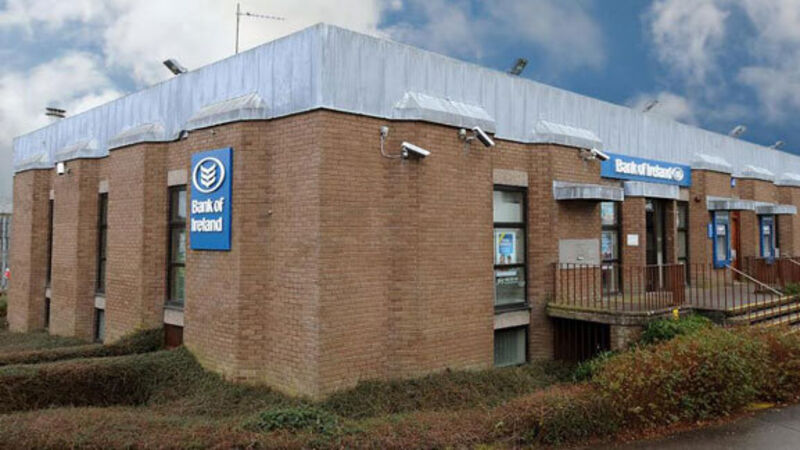Bank of Ireland sets date for dividend payout in 2017

The stock market rout since the start of the year has hit European bank stocks hard, as fears mount the slowdown in the world economy could yet spill over to all banks.
However, in an upbeat presentation yesterday, Ireland’s largest lender said it would meet its own deadline to redistribute cash to shareholders.
















